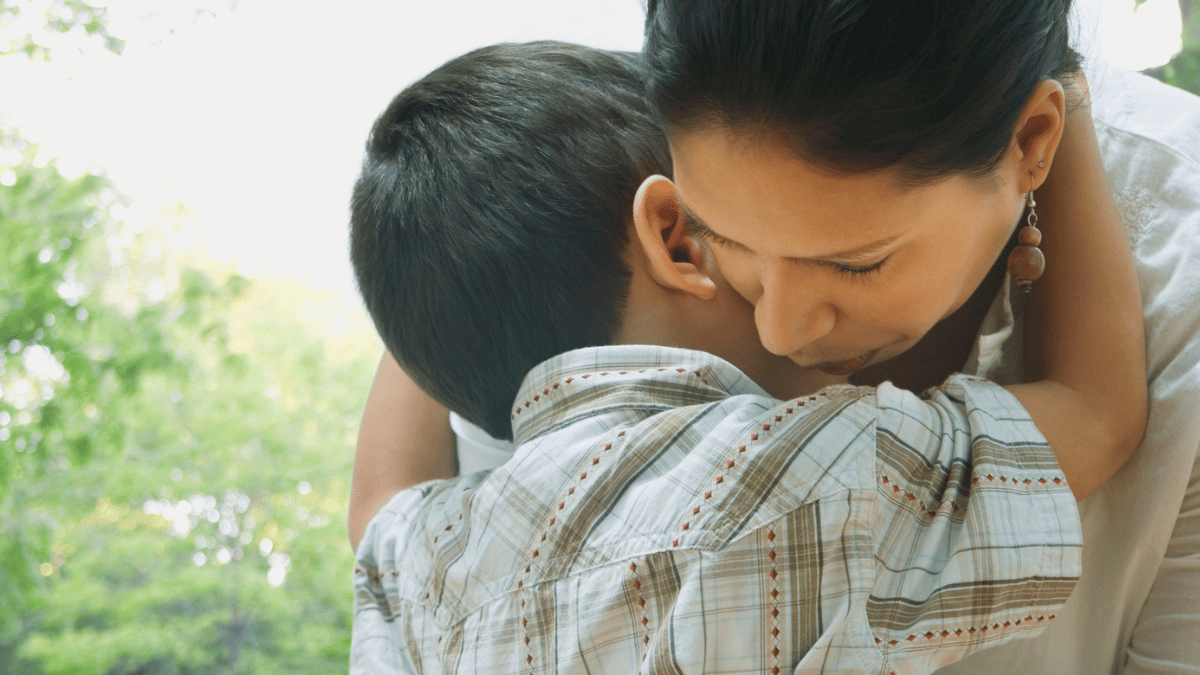Home What we do News & Stories A resolution to care
A resolution to care
18.01.2019

On New Year’s Eve we found ourselves in Houston, visiting families for whom Immigrant Families Together (IFT) had posted bond or has been supporting since the summer 2018 family separation crisis provoked by the US government’s zero tolerance policy.
Gladis, the mother of two young children, welcomed us into her home. As we held her baby and played with her friendly, curly-headed three-year old, Gladis told us that that same morning, her husband, Ever, had woken up in a funk. Like most people, he was hoping the flip of the calendar from one year to the next would signal a new beginning: hope, possibility, a shift in fortunes. But for all his desire that that would be the case, he wasn’t seeing any evidence suggesting 2019 would be any different from 2018. “I told him, ‘just wait, mi amor’.”
We took the family to a local department store to shop for food and some essentials, filling a cart with the items that are impossible to buy if you’re an asylum seeker who isn’t yet allowed to work. Groceries such as milk, eggs, cheese, yogurt, meat, and juice. Gladis and Ever thanked us repeatedly, asking us to convey their gratitude to all the volunteers and partners, including the Lumos Foundation, who had made the shopping trip possible.
Later that evening when we were saying goodbye, after we’d discussed their asylum cases and had spoken with their attorney about specific ways IFT can provide additional support for their case, Gladis and Ever gripped our hands and thanked us for showing up. And this is really what IFT’s work is, and what this moment in the history of immigration asks of us all: to show up and to use what we have, doing what we can, to support the togetherness and stability of families as they go through their asylum proceedings, and to do that regardless of what the outcome of those proceedings might be.
Since late June 2018, IFT has posted the bonds of 60 mothers, fathers, grandparents, and older siblings who were separated from younger children because of immigration detention. For many of them, we’ve provided ongoing support, from legal counsel and medical care to housing, food, clothing and psychosocial care. At present, we’re supporting more than 75 asylum-seeking families around the United States with the partnership of organizations like the Lumos Foundation, and via volunteers who understand that seeking asylum is a human right.
We can’t guarantee the outcome of any family’s asylum case, of course. But what we can do is provide the opportunity for families to live with stability and happiness as they seek to build new lives and homes as our neighbors. This year, let’s commit to stand with them, showing up, leading with love, and doing what we can with what we have, to support them in their journey.
Authors: Julie Schwietert Collazo and Francisco Collazo, co-founders of Immigrant Families Together

